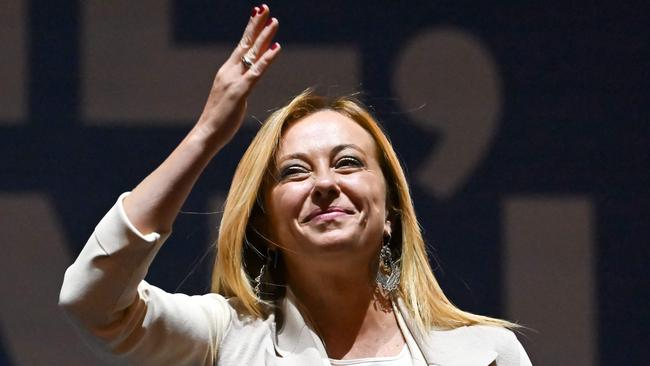
The apparent election to government of Giorgia Meloni at the head of Brothers of Italy is an earthquake in European politics but probably a minor earthquake. First, this label of far right. It’s increasingly meaningless.
As a young person, Meloni was a member of the Italian Social Movement, which was set up by people who had been fascists in World War II. It then gave birth to the National Alliance. Meloni, as part of that, was a capable minister in a Berlusconi government a decade ago. In 2012 she founded the Brothers of Italy, a name she took from the Italian anthem.
Ever since the second world war, Italy’s so-called post-fascists have behaved democratically and according to all the rules. The party Meloni now heads has been through several evolutions. She and her colleagues say the Italian centre right has “handed fascism over to history”. She condemns absolutely anti-Semitism and any breach of democratic rights.
That the most powerful European and American media continue to label parties such as Meloni’s as far right indicates double standards and an intensely illiberal desire to eliminate from public debate all the issues Meloni and her colleagues raise. The German Social Democrats emerged out of more extreme Marxists. Half the parties on the French left have communist roots but they are never labelled far left. Sinn Fein is the biggest party in Northern Ireland and will furnish the province’s chief minister. Only a few short decades ago it was directly supporting terrorism. Mind you, its opponents, the Democratic Unionist Party, a few decades before that, were in strong support of anti-Catholic persecution.
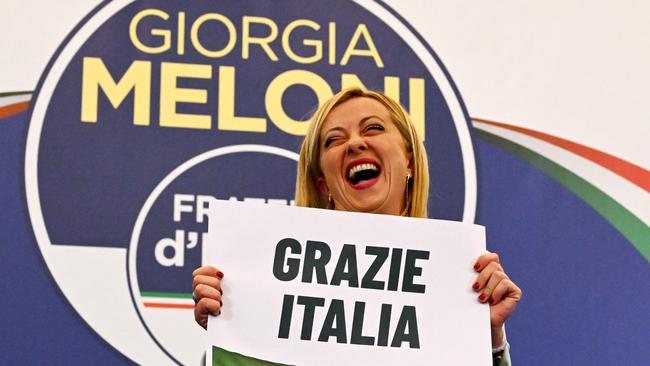
Democratic politics relies on accepting that extreme movements can become moderate and mainstream. If they obey all the rules for decades in a row then they should be evaluated on the basis of contemporary policies rather than historic associations.
Meloni’s program is a perfectly legitimate centre-right amalgam. She wants more police, less crime, cost-of-living relief, control over illegal immigration, lower taxes, reassertion of traditional Italian identity, support for moderate conservative social values and more independence from the dictates of the EU. She wants to address the energy crisis in part by increasing the supply of fossil fuels and nuclear energy.
Meloni looks a fascinating character. Certainly at times she makes populist statements. Like much populism, though, there is truth in much of what she says. In a famous 2019 speech she declared: “I’m Giorgia, I’m a woman, I’m Christian, I’m a mother, I’m Italian, they won’t take that away from me.”
That sounds, and is, a declaration of independence from woke ideology. Generally I don’t like identity politics, but if we’re going to be forced to endure it then there is nothing wrong with her declaring proudly that she is a woman, a mother, a Christian and an Italian.
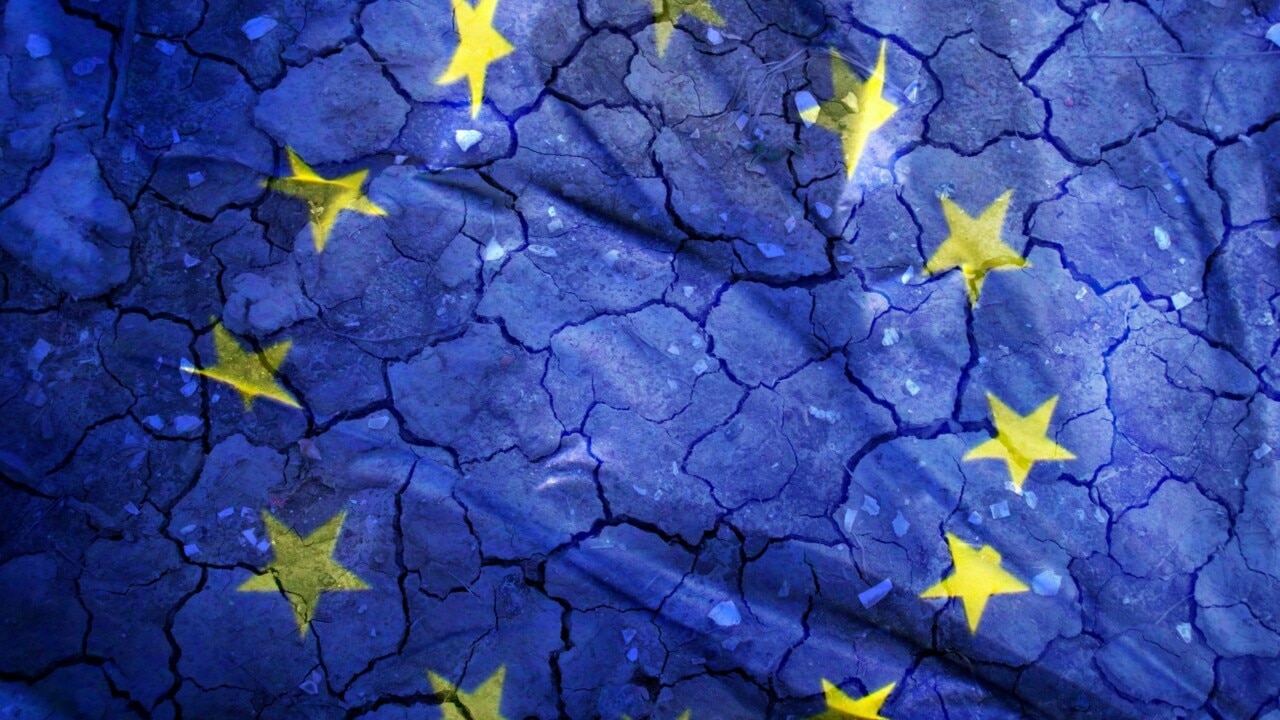
On another occasion Meloni described the EU as “nihilistic global elites driven by international finance”.
Sometimes the words international finance can be code for anti-Semitic hang-ups. That doesn’t seem to be the case here.
She has endorsed the idea of the “Great Replacement”. This holds that Europe is being intentionally flooded with immigrants from North Africa and the Middle East to change its demographic and cultural identity forever.
That line of thinking also can be dangerous if it sees behind chaotic immigration mismanagement a sinister conspiracy by George Soros or international finance or the World Economic Forum. That sort of thinking is silly.
However, it is perfectly sensible for Europeans, and their political parties, to want their nations to reassert control of their borders and to implement coherent policies about who comes into their nations.
The EU has indeed been extremely foolish in attempting at times to force European countries to take immigrants they don’t want. European voters hate this. It has been an abject failure of European politics, in which the EU bears a huge portion of blame, that many European nations have been unable to control immigration from North Africa and the Middle East.
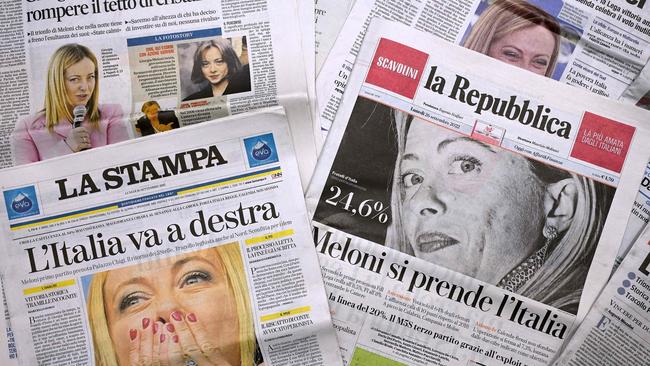
I have always believed a good immigration program benefits the recipient country as well as the immigrants who come to that country. But I’ve always also believed a national government has the right, and the obligation, to control its borders and make its immigration program orderly. John Howard is the standout example of this. Both his left-wing critics, and his right-wing supporters, however, tend to ignore the central fact that Howard re-established control of Australia’s borders and then increased the size of the immigration program.
Britain’s whole Brexit project was driven in part by a desire among British voters for their government to control the nation’s borders. European courts and bureaucracies, which under Brexit ought to have no influence on British law, are still interfering with Britain’s efforts to do this. But it’s fascinating that the new British Prime Minister, Liz Truss, wants to increase skilled migration. She can do this because, notwithstanding the interference of the EU, Britain has mostly re-established control of its borders.
Rich countries ought to be generous to refugees and host a sizeable refugee intake. But it is unrealistic, and at the level of the real world actually in my view immoral, to suggest that the whole of the population of Africa and the Middle East which would rather live in Europe is free to do so, provided they can physically get there. That is the practical outcome of an open-borders approach.
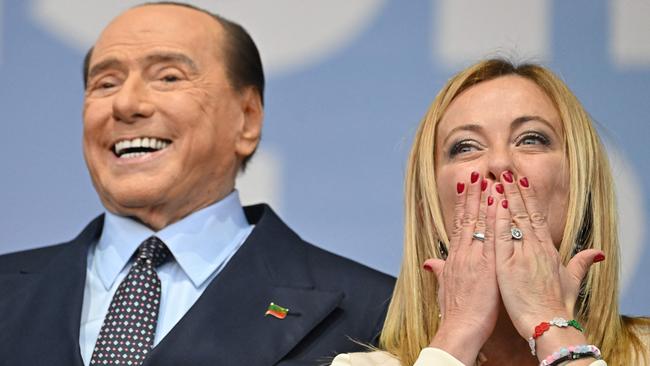
Meloni’s election slogan was: “God, homeland and family” and this probably was more acceptable coming from a younger woman rather than just another of the aged male suits that normally dominate Italian politics.
Meloni is sensible on geo-strategic issues. She’s a strong backer of the US, of NATO and of Ukraine. Unlike her coalition partners, Silvio Berlusconi and Matteo Salvini, she hasn’t fallen for the cheapjack nonsense of supporting Vladimir Putin, as though the neo-Stalinist Russian despot was a champion of Western values.
Of course, Meloni’s party won only a quarter of the votes but her three-party coalition looks as though it will have a parliamentary majority. All Italian governments tend to be short-lived. Nonetheless, there are lessons for conservative politics in her victory.
Conservatives don’t prosper by surrendering to woke. They can actually lead a counter-reformation against the zeitgeist. All political victories are temporary. But they are still victories.



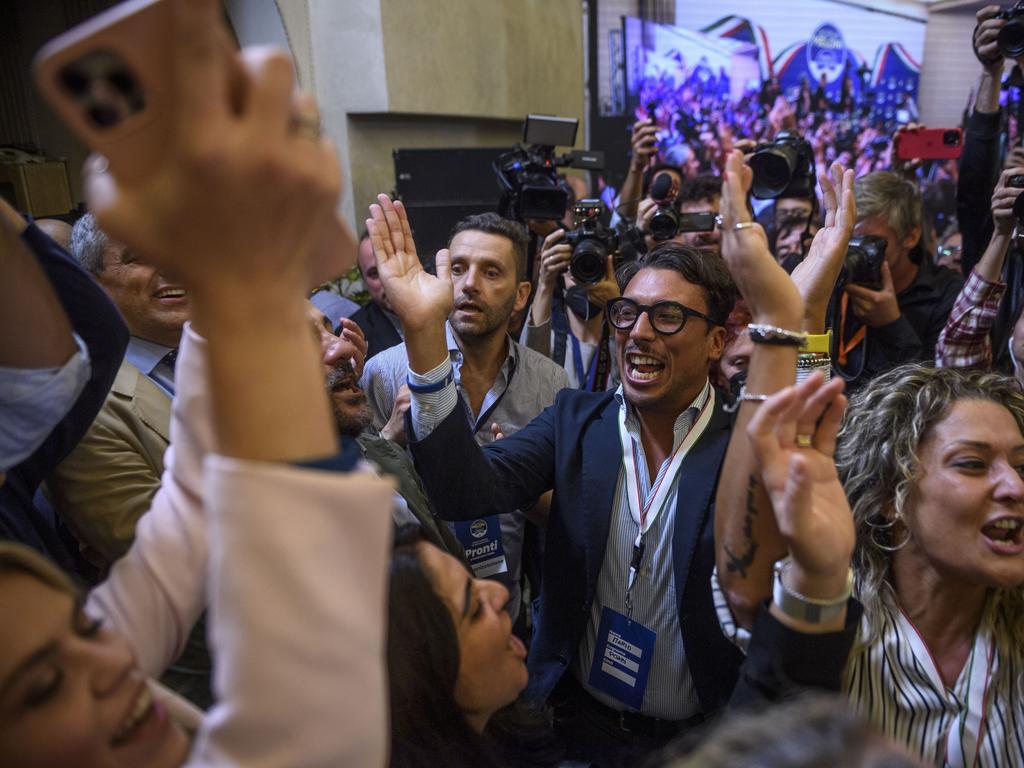
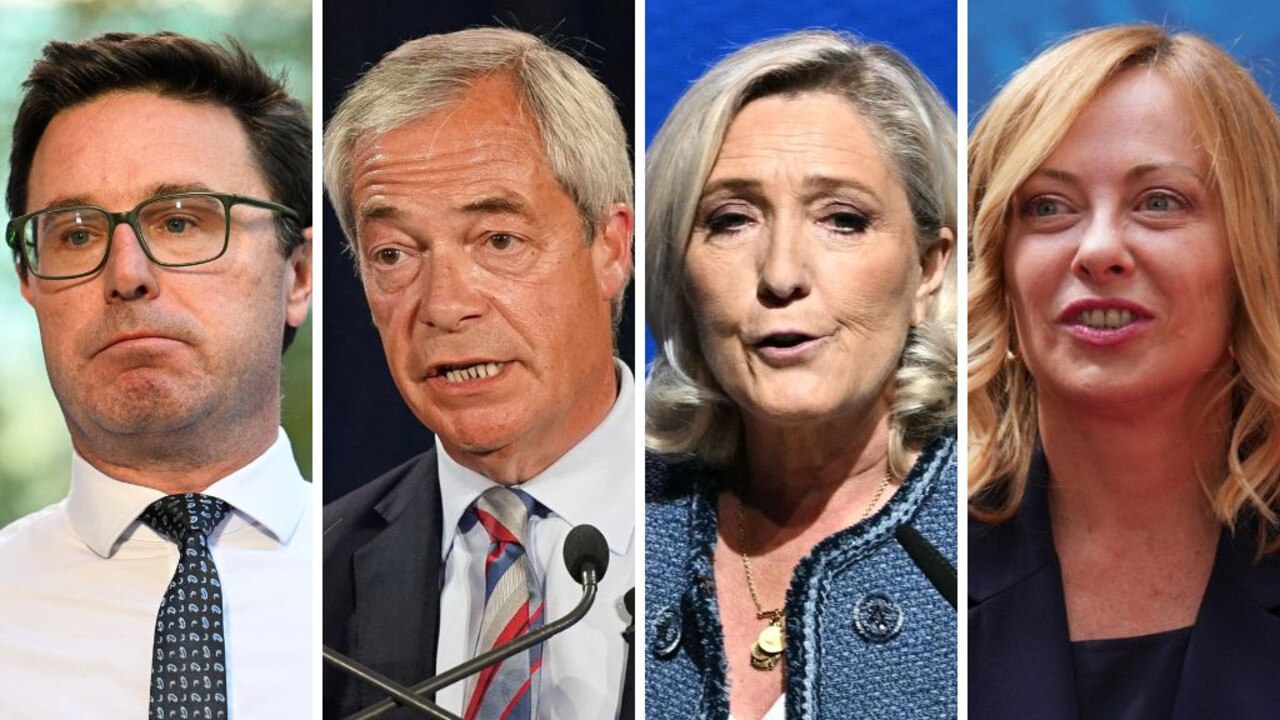
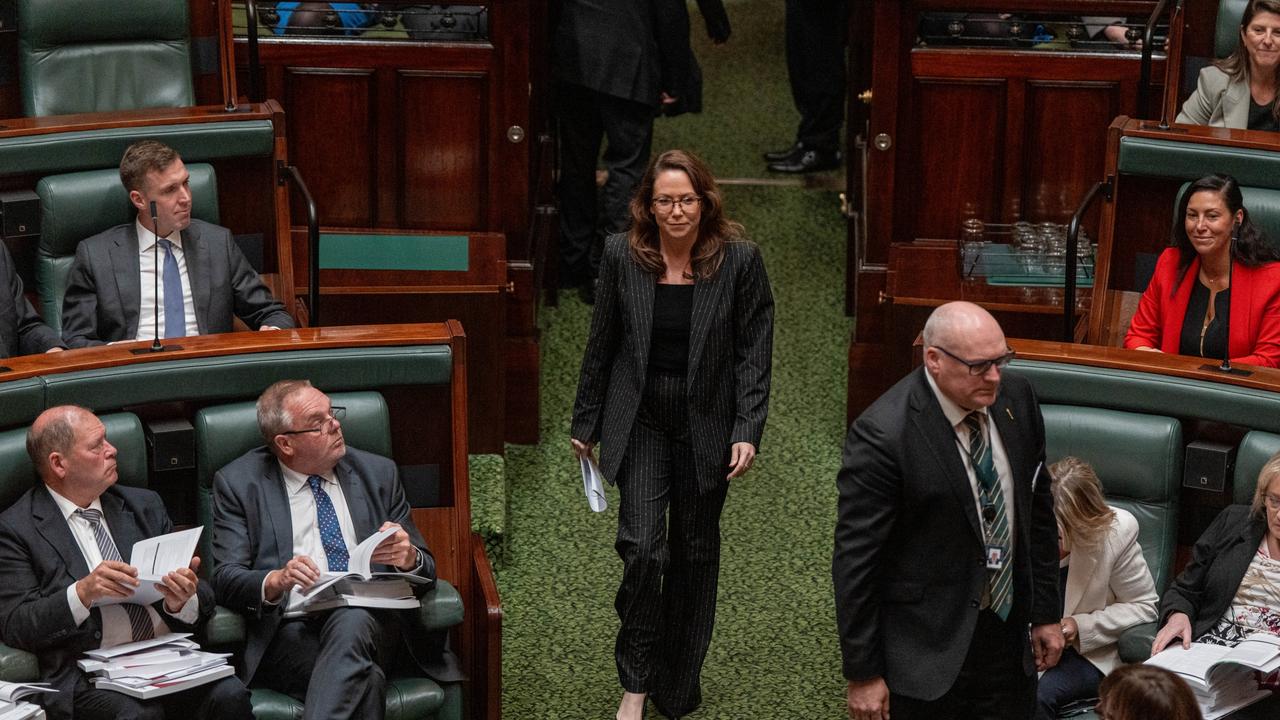
Only in Italy could the first female prime minister come from a party, which she herself founded, called Brothers, an allegedly far-right party that is, paradoxically, the most pro-American significant political grouping.